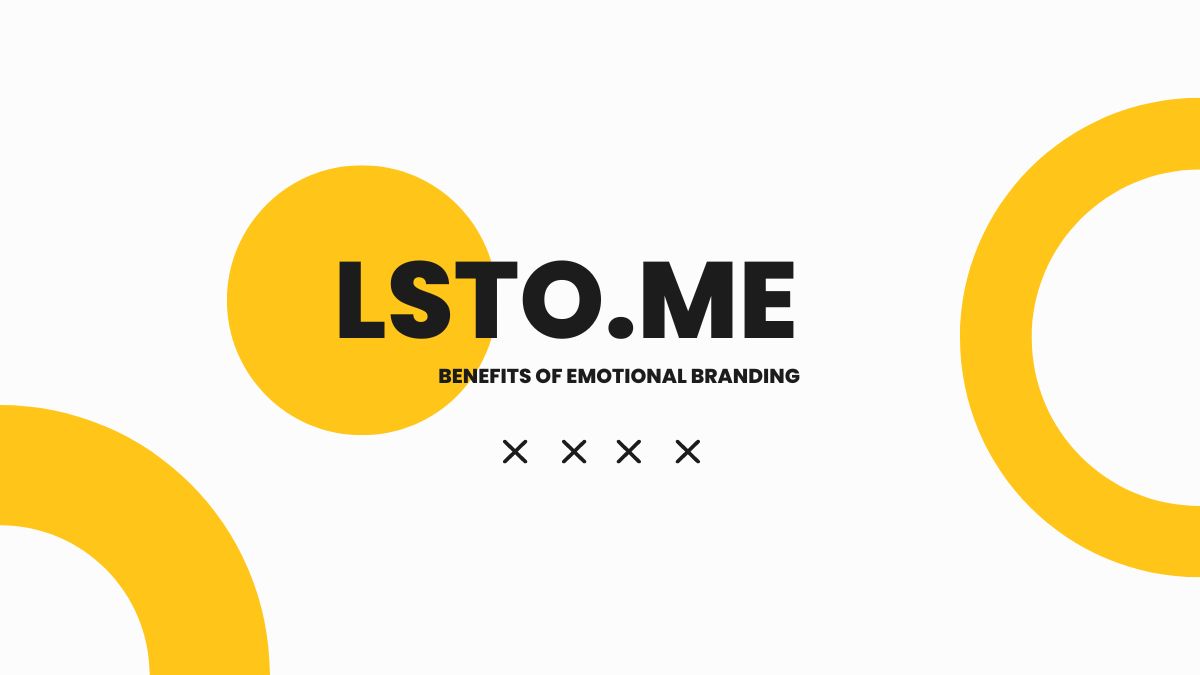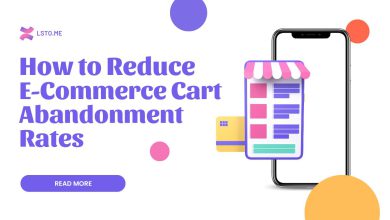
In today’s competitive marketplace, building a strong brand goes beyond mere product features or price points. Emotional branding has emerged as a powerful strategy that allows businesses to connect with their audience on a deeper level. By tapping into customers’ emotions, brands can create lasting impressions, foster loyalty, and differentiate themselves from competitors. In this blog post, we’ll explore the benefits of emotional branding and how it can transform your brand’s relationship with your audience.
1. Building Stronger Connections:
Emotional branding is a technique that has been gaining popularity in recent years and for good reason. By creating an emotional connection with their audience, brands can forge deeper and more meaningful relationships with their customers. This can lead to increased loyalty, greater brand recognition, and even higher sales.
One of the key benefits of emotional branding is that it allows brands to tap into the emotions of their audience. By appealing to feelings such as happiness, nostalgia, or even fear, brands can create powerful associations with their products or services. This can be especially effective when targeting specific demographics or niches within a market. For example, a brand that wants to appeal to millennials might use imagery or messaging that evokes feelings of adventure or excitement.
Another benefit of emotional branding is that it can help to differentiate a brand from its competitors.
2. Differentiating from Competitors:
In today’s business world, competition is fierce. Everyone wants to get ahead of the pack and be a leader in their industry. However, standing out from the crowd can be a daunting task. One way that businesses can differentiate themselves from their competitors is through emotional branding.
Emotional branding is all about creating an emotional connection between your brand and your customers. By tapping into people’s emotions, you can create a more meaningful relationship with them that goes beyond just selling products or services. This emotional connection not only helps build customer loyalty but also helps establish long-term relationships with customers.
The benefit of emotional branding is that it enables businesses to differentiate themselves from competitors in ways other than price or product features. In a crowded marketplace where everyone seems to offer similar products or services, this emotional bond sets companies apart and creates a unique identity for their brand that resonates with customers on an individual level.
3. Increasing Brand Recall and Recognition:
Emotions play a significant role in how we remember things, and this is especially true when it comes to brands. When people feel a strong emotional connection to a brand, they’re more likely to remember it and recall it later on. This is why emotional branding has become such an important strategy for businesses looking to increase their brand recognition and recall.
The benefits of emotional branding are clear: when customers feel positive emotions toward your brand, they’re more likely to engage with your content, share it with others, and ultimately make purchases. Brands that successfully tap into their customers’ emotions can create deep connections that last long past the initial purchase. By focusing on creating emotionally resonant messaging and visuals, companies can differentiate themselves from competitors who rely solely on functional benefits.
Emotional branding isn’t just about making people feel good; it’s also about creating trust and loyalty in your customer base.
4. Driving Customer Loyalty and Advocacy:
Emotional branding is an effective way to build customer loyalty and advocacy. When customers have a strong emotional connection with a brand, they become more than just consumers – they become advocates for that brand. Emotional branding allows companies to create a bond with their customers that goes beyond the transactional relationship.
One of the key benefits of emotional branding is that it creates long-term loyalty. Customers who feel emotionally connected to a brand are more likely to continue purchasing from that company in the future. This means repeat business for the company and increased revenue over time. Additionally, emotionally loyal customers are less likely to be swayed by competitors or price changes, as they have developed a deep attachment to the brand.
Another benefit of emotional branding is that it can lead to positive word-of-mouth advertising. Customers who feel strongly about a brand will often share their experiences with others, both online and offline.
5. Inspiring Customer Engagement and Long-Term Relationships:
Emotional branding is a marketing strategy that aims to evoke positive feelings and emotions in consumers toward a brand. It involves creating a connection between the brand and customers on an emotional level, which leads to increased engagement and loyalty. One of the main benefits of emotional branding is that it helps businesses to build long-term relationships with their customers.
When customers feel emotionally connected to a brand, they are more likely to become repeat buyers and advocates for the company. They become invested in the success of the brand, leading them to spread positive word-of-mouth about it among their friends, family, and social media followers. This kind of organic advocacy is invaluable for businesses looking to grow their customer base without spending huge amounts on advertising.
Moreover, emotional branding can help businesses differentiate themselves from competitors by creating a unique identity that resonates with consumers.
Conclusion:
Emotional branding offers numerous benefits for businesses seeking to create meaningful and long-lasting connections with their audience. By appealing to customers’ emotions, brands can build stronger connections, differentiate from competitors, increase brand recall, foster customer loyalty, and inspire engagement and advocacy. In today’s increasingly saturated market, emotional branding is a powerful strategy that can elevate your brand’s positioning, deepen customer relationships, and drive business growth. By understanding the emotions that drive your target audience and leveraging them strategically, you can create a brand that resonates on a profound level and leaves a lasting impact.




